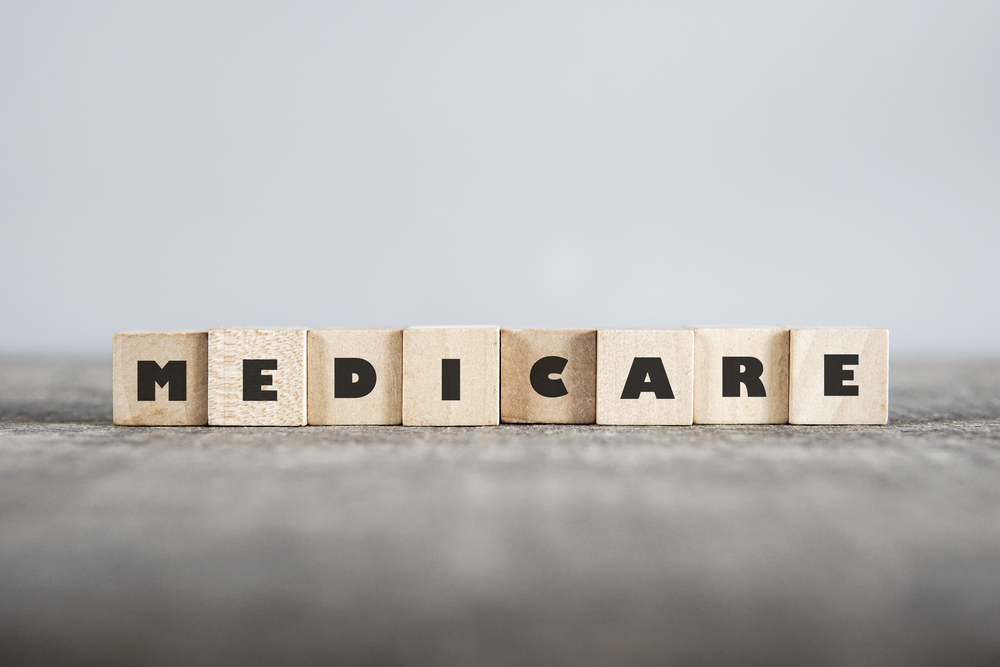What Can I Do During the Medicare Open Enrollment Period?
Each year from October 15 to December 7, Medicare offers you the option to make changes to your Medicare coverage. Changes you make during this Medicare Open Enrollment Period will go into effect the following January 1.
Posted on November 28, 2022

You are not required to make changes to your coverage. But keep in mind that reviewing your current plan as well as the options available to you could ultimately save you money.
You can opt to do the following during the Open Enrollment Period:
- Switch from Original Medicare (also known as Traditional Medicare) to a Medicare Advantage Plan
- Switch from Medicare Advantage to Original Medicare
- Switch from one Medicare Advantage plan to another
- Enroll in a Medicare Part D prescription drug plan (or switch to a new Medicare Part D prescription drug plan if you already are enrolled in Original Medicare)
Depending on the state in which you live, you might also be able to purchase a supplemental insurance policy, known as Medigap, during this time. Reach out to your state’s Health Insurance Assistance Program (SHIP) for more information about the Medigap enrollment rules in your state.

FREE WEBINAR
5 Things to Know About
Estate Planning
When You Turn Sixty-Five
Ask the Experts
Need assistance? There are numerous resources available not only during the open enrollment period, but also year-round. Here are a few reliable ways to seek some help:
- Consult with a qualified elder law attorney
- Call 1-800-MEDICARE
- Visit Medicare’s website at medicare.gov, where you can use the Plan Finder tool to compare plans
- Contact your State Health Insurance Assistance Program (SHIP)
Be Aware
- You are not required to make any changes to your Medicare coverage.
- Be wary of fraudsters. If someone tries to pressure you into joining a plan or asks for your Medicare number, contact the Senior Medicare Patrol in your area. These services can assist, should you need to report anything suspicious.
- Any changes you make will go into effect Jan. 1.
More from our blog…
Capacity Requirements for Executing Estate Planning Documents
Proper execution of a legal instrument requires that the person signing have sufficient mental "capacity" to understand the implications of the document. While most people [...]
What You Should Know About Long-Term Care
Research shows that roughly one in seven adults aged 65 or older will need long-term care at some point in their later years. Meanwhile, tens of millions [...]
Understanding Medicaid: What Does Medicaid Cover?
In the complex and frequently changing landscape of health care in the United States, Medicaid stands out as a vital program. Since 1965, it has [...]
Elder Financial Abuse: How an Elder Law Attorney Can Help
Elder financial abuse is a significant issue affecting many older adults nationwide. It involves someone exploiting or misusing an older person’s finances or assets for [...]
Recent blog posts

FREE WEBINAR
5 Things to Know About
Estate Planning
When You Turn Sixty-Five





